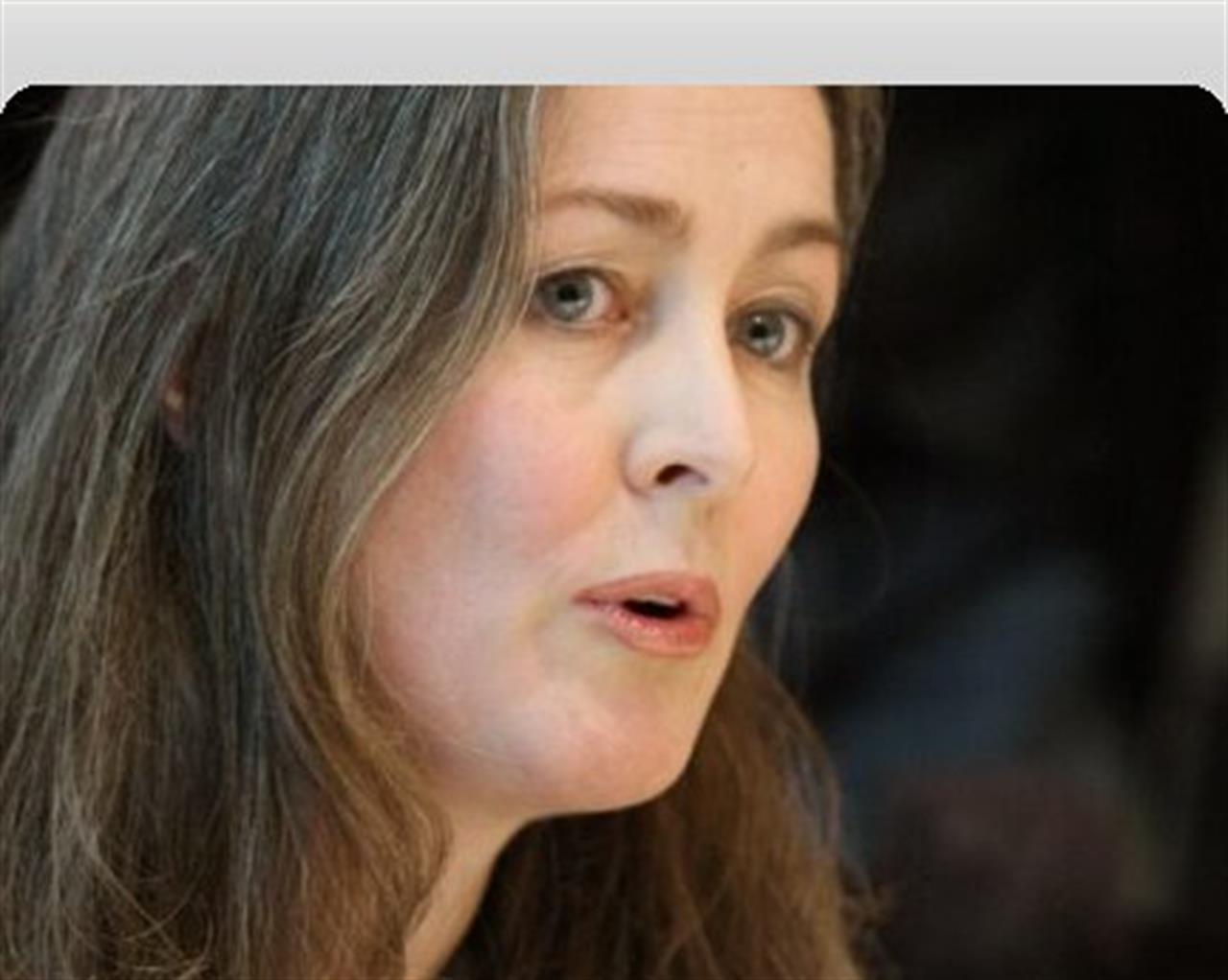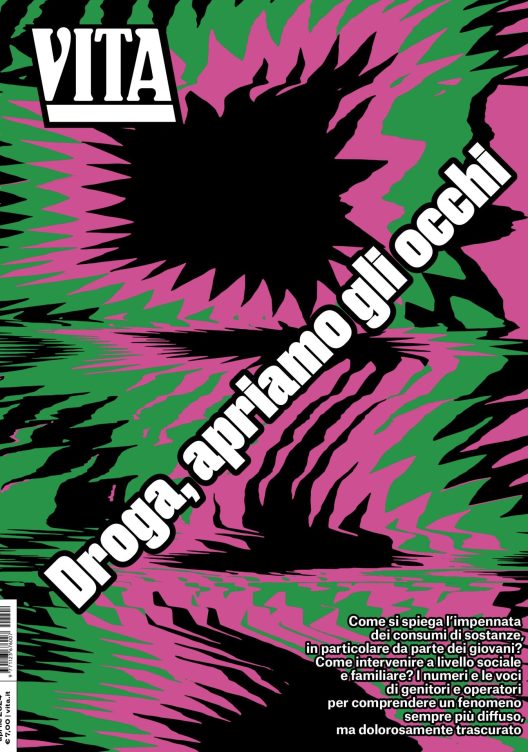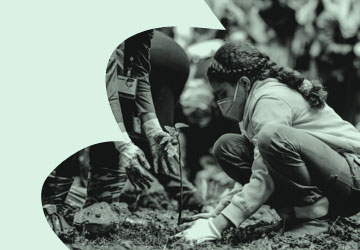Sostenibilità sociale e ambientale
A lawyer for the planet
Eradicating ecocide, by Polly Higgins, may one day be remembered as the book that changed the world

Who is the book for?
Its not just a book for lawyers but also for the general public and decision makers in the international arena. It talks about how to use the law creatively to prevent the destruction of the planet, because we are going to have to start taking drastic decisions very, very fast.
This is a point you are adamant about …
Yes. Somewhere along the line we have taken the wrong direction. We are vastly depleting the world’s natural resources and this will inevitably lead to conflict and war as nations struggle to secure access to finite resources.
In a nutshell, what does ecocide mean?
Ecocide is the damage, destruction and loss of ecosystems whether by human agency or other forces. Now, there is an important distinction between ecocide which is ascertainable – that is ecocide which happens as a direct result of a particular decision or activity – and ecocide which happens as a result of natural causes like tsunamis, volcanoes etc. We know that much of the geohazardous activity taking place is triggered by the damage and destruction caused by human activity, but we can’t directly point a finger or say that rising sea levels are caused by a particular corporate activity.
Are you saying that the big corporations are to blame for the world’s environmental problems?
Yes, absolutely. The world’s top 3000 public companies are responsible for one third of all global environmental damage. A UN sponsored report estimates that the unaccounted costs of environmental damage in 2008 reached the 2.2 trillion dollar mark and predicts that in 2009 the figure soared to 4 trillion dollars. In my book I deal with large scale, ascertainable ecocide and this involves corporations.
Can you give an example?
A good example is the Athabasca tar sands in Canada, which is the largest form of ecocide in the planet – in terms of scale of damage and destruction bigger even than the amazon. Some of the world’s top oil companies are razing arboreal forest to get at heavy, crude oil called bitumen mixed in with sand, clay and water. We are talking about 141 thousand square kilometres of forest and peat bogs that are not only being destroyed but also poisoned, because to separate out the oil you need lots of chemicals. Athabasca is on one of the migratory routes for North American birds and 26 million birds fly over there every year seeking rest, water and food. But the Athabasca river has now been declared a dead river as no fish can live in it, so not only are the birds dying, but the indigenous people who eat off the land have seen cancer rates soaring.
You suggest making ecocide the fifth crime against peace, but how would this solve problems like the Athabasca tar sands?
Well, its difficult to make causality links if you are working from a breach of human rights perspective. My right to a clean and healthy environment doesn’t actually exist as a right. But once you start recognising that this is damage to ecosystems at large and when you can take soil samples and see that the soil has been depleted, when you can take water samples and see that it has been poisoned you can make those connections much more quickly.
And what does ecocide mean in legal terms?
Firstly, the recognition that we have a global duty of care and it means putting in place a principle used in international crime called superior responsibility. The idea being that no one can evade responsibility and those that are in a position of command and control carry the burden of superior responsibility. So, if you are in a superior position and you are making the decision to go in and extract oil from unconventional sources, you are the one carrying the responsibility for the destruction and so you are the one who will go to prison. This is important because what we are getting at the moment is enormous evasion of responsibility and liability by corporations, just look at the BP oil spill.
Recently much emphasis has been placed on seeking market led solutions to global environmental problems…
Yes but market mechanisms are not going to solve the problem because all they do is turn environmental costs into externalities. So all that happens is that garden furniture on sale in Britain made out of illegally logged timber in the Amazon will cost a tiny bit more. We have to make that which is damaging and destructive at a mass scale an international crime and that is the only thing that will stop it. Its not about closing down corporations but making it a crime to gain your profit from damaging the planet.
This makes so much sense. Why hasn’t it been done before?
No one had put their head to this before I came along. The United Nations is not a perfect creature and what this is about is taking brave leadership and standing up to corporate power. It just needs one bold decision maker to stand up and say this is what we are going to do to get the ball rolling and put it on the world agenda.
You gave up being a lawyer to become an environmental activist. What happened?
Actually I haven’t given up being a lawyer – I am more of one now than ever before! I just gave up representing people to represent the planet full-time. What happened was that it became very clear that the laws that we had in place were protecting corporate entities, not the planet and the people. So I started to think about how to turn this around, big time and fast. There is a whole sector of the world who does not live by law because they take individual and collective responsibility and thats indigenous people – thats not to say that all indigenous people make it work – but many of them do. Its the western world that has invented written laws rather than listen to the natural laws of the universe and we need the bridges to get to the place where we no longer need law. And it occurred to me that there was no lawyer representing the planet. So I took a vow that I would do the job until it was done or until others stepped in and took over from me.
What was your biggest challenge?
To decide to do it. I was giving up a very well paid job and I didn’t come from an environmental background, it was corporate law I was doing hence I really understand how the corporate law fails to take responsibility. It was that recognition that I was stepping over an invisible boundary instead of just getting on and having a comfortable life and a nice income, to go off and follow a course of something that I genuinely believed I needed to explore and I needed to help in. But once I made that decision I’m so glad I did, its been such an exciting journey and its going to get even more exciting!
How do you envisage your future?
The next years are going to be really busy. Its about getting this onto the world stage and I genuinely this can be and has to be put in place by the end of 2012. I believe we have no choice here. I believe that the global South will get this in a bigger way than the global North but it is America that really has to wake up to this.
If you were God for one day what would you do?
First of all, making ecocide a crime. Then, I would have all the leaders, all the heads of state together in one place and that they all decide to put in place a universal declaration of mother earth rights and they all be in agreement and that the green revolution starts there and then. I would be a female God of course so I would use my wand to get them all cheering and smiling. Oh, and I’d turn half of them into women!
Find out more:

